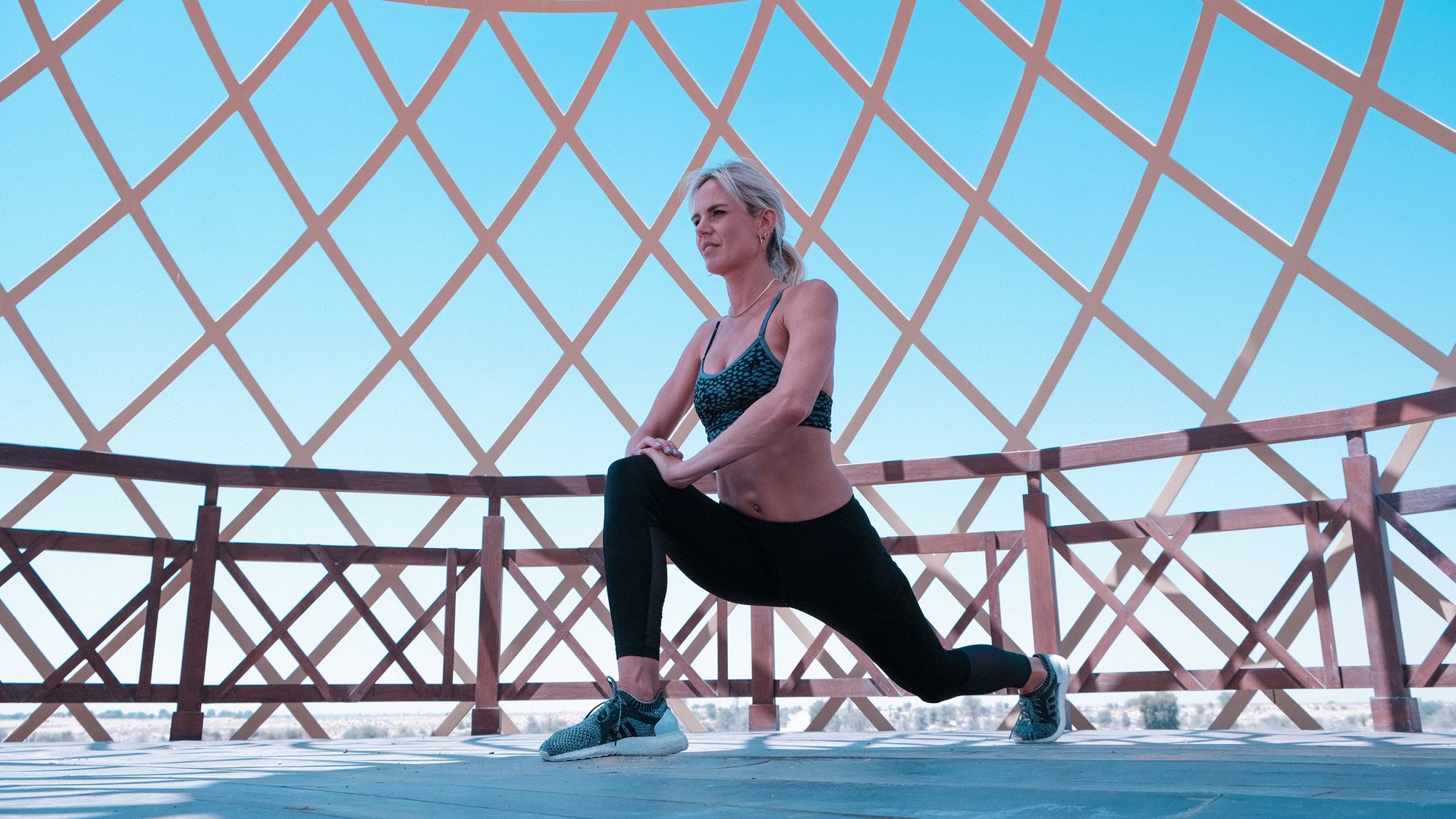 View Winners →
View Winners → 5 Tips To Combat Stress-Related Weight Gain

By Yajen Tan
Stress sucks, but you most likely know that from the countless reminders that you get throughout the day. Whether your stress coming from relationships, finances, work-related, or those little rascals that take up all your free time to raise, they all gradually compound on your body until you can’t take it anymore. You’re not alone. It is estimated that up to 90% of doctor’s visits are due to stress-related cases. If you want to save yourself a visit to the doctor’s office and stay away from stress-related diseases, take a look at what you can do to cut back on stress and learn to relax.
One of the most common impacts that stress has on the human body is through our relationship with food. The stress-induced hormone cortisol can cause an insulin response in the body that will trigger a desire for “comfort foods”. These foods are often loaded up with unhealthy sugars and fats that can help relieve that stress in the short run, but over time, can cause serious weight gain that leads to chronic health conditions.
Tips to combat stress and improve your health

– Courtesy Photo
Practice mindfulness meditation
Meditation is something that has become more popular, in the past few years, for stress-reduction. My first introduction to meditation was through guided meditations by Tara Brach. These meditations are lead by an audio recording that definitely makes it much easier than sitting down, closing your eyes, and then having no clue where to start.
It took me a couple tries to really be able to sit still for more than 5 minutes at a time, but it was incredibly worth it. Not only did I feel more alert and focused after I tried, but I also felt calmer than I had in awhile. One of the best tips that I received about meditation is that the goal is the process, not perfection. You’ll find that your mind is going to wander off from time to time, so your goal is to bring it back to focus, instead of beating yourself up for it.
Lay back and relax
The quality and quantity of your sleep plays an indicator in your health. Unfortunately, stress can seriously impact the quality of your sleep, and we all know that a poor night of sleep never made the next day any better. The National Sleep Foundation recommends that the majority of adults get around 7-9 hours of sleep per night. I found that the most helpful trick was to set a routine sleep schedule and stick to it as best as you can. It also helped to learn what it felt like to wake up at 5 in the morning after missing my set bedtime.
If you want to find out how to improve your quality of sleep, check out the 5 sleep tricks I use to boost productivity all throughout my day.

– Courtesy Photo
Work out the stress, but not too hard
Working out is probably the last thing on your mind after a stressful day. Although it might not sound as appealing as a slice of pizza or a cold beer, it’s shown that low intensity workouts can help lower the levels of cortisol in the body. However, it does appear that higher intensity workouts can temporarily increase your stress levels. Before you start questioning why a trainer sounds to be recommending against exercise, it was found that exercise has the ability to produce brain cells that are more resilient to stress compared to an inactive counterpart. That means that in the long run, you still want to be incorporating regular moderate-to-high intensity training in to your routine.
Plan for success
Routine, routine, routine. You’ve been hearing this a lot lately, but it was Benjamin Franklin, who once said that “if you fail to plan, then you plan to fail”. I never truly realized what that meant until I started realizing that many of the failures that I faced were the result of not having planned better. In the past year, I’ve put an enormous emphasis on improving my organization skills by doing the following:
- Outlining all events and activities that I participate in
- Outlining regular morning and pre-bedtime routines
- Cleaning out my room
- Journaling on thoughts and ideas
- Reviewing aspects of life on a weekly, monthly, and annual basis
I’ve found that these tactics, among many more, have significantly helped me in reducing the amount of stress and anxieties that I previously faced on a regular basis. Not only that, but I also see dramatic improvements in my overall progress in life through the regular reflection. The goal for organizing is to clean out the clutter and give myself a clean slate to operate on.

– Courtesy Photo
Go for a hike
When was the last time you stepped out into nature to relax? A study done in Japan showed that a 15 minute experience out in nature was able to reduce stress concentrations by around 15%. That means that the simple act of being outdoors can help you eliminate a fair amount of the anxieties that build up throughout the week. On top of that, hiking gives you the added benefits of a light-to-moderate intensity exercise session. Luckily, the San Gabriel Mountains in our backyard are home to a large variety of hiking trails that allow people of all fitness-levels to access these benefits.
At the end of the day, you have the ability to reduce the amount of stress that you face on a daily basis, so take a step back and see which of these tips you can apply to give stress a big slap in the face. Better yet, get a couple friends together and head over to the hills for a relaxing stroll through nature!










































































































